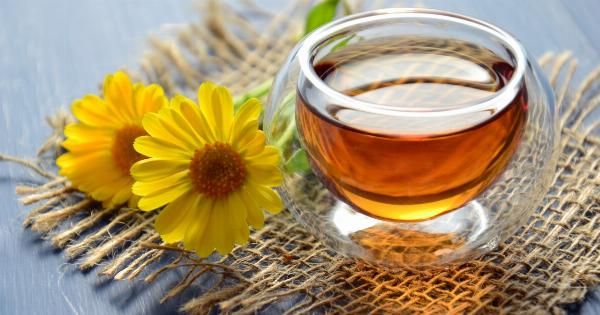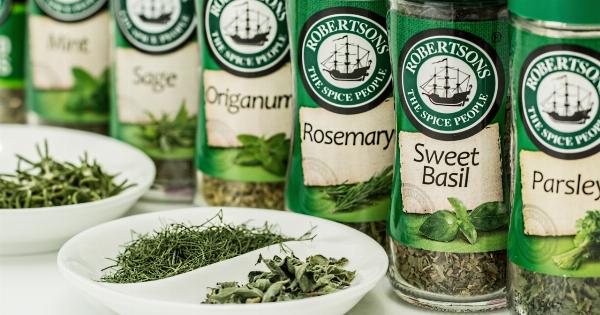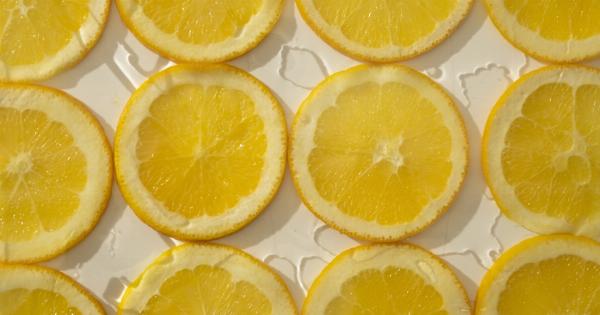The kidneys are vital organs that help filter waste and toxins from the blood, maintain electrolyte balance, and regulate blood pressure. Taking care of your kidneys is crucial for maintaining overall health.
One way to support kidney health is by avoiding certain foods that can be harmful to these organs. In this article, we will discuss ten foods that you should avoid for a healthy kidney.
1. Processed Foods
Processed foods are often high in sodium, phosphorus, and other additives that can put a strain on the kidneys. Examples of processed foods to avoid include canned soups, packaged snacks, and deli meats.
It’s important to read food labels carefully and opt for fresh, whole foods whenever possible.
2. Red Meat
Red meat is high in protein and can increase the workload on the kidneys. Consuming excessive amounts of red meat has been linked to kidney disease and increased risk of kidney stones.
It’s best to limit red meat intake and choose lean protein sources like poultry, fish, or plant-based alternatives.
3. Dairy Products
Dairy products like milk, cheese, and yogurt contain high amounts of calcium and phosphorus, which can be problematic for those with kidney issues.
Excessive intake of dairy products may contribute to the formation of kidney stones or worsen existing kidney conditions.
4. Salt
Excess sodium intake can lead to fluid retention and increased blood pressure, straining the kidneys. Avoid adding extra salt to your meals and limit consumption of salty processed foods like chips, canned soups, and fast food.
5. Carbonated Drinks
Carbonated drinks, especially those high in phosphoric acid and caffeine, can be harmful to kidney health. These beverages can lead to the formation of kidney stones and may contribute to the development of kidney disease.
Opt for water, herbal tea, or unsweetened beverages instead.
6. Artificial Sweeteners
While artificial sweeteners may seem like a healthier alternative to sugar, they can still have negative effects on kidney health. Some studies suggest a link between artificial sweeteners and decreased kidney function.
It’s advisable to limit consumption of artificial sweeteners or opt for natural alternatives like stevia.
7. Alcohol
Excessive alcohol consumption can lead to dehydration and strain the kidneys. Alcohol also disrupts the body’s electrolyte balance and can contribute to the formation of kidney stones.
It’s best to consume alcohol in moderation and ensure adequate hydration.
8. Colored Sodas
Colored sodas often contain high amounts of artificial colors and additives, which can be detrimental to kidney health. These ingredients may interfere with kidney function and contribute to the formation of kidney stones.
Opt for healthier alternatives like infused water or natural fruit juices.
9. Foods High in Oxalates
Oxalates are compounds found in certain foods that can contribute to the formation of kidney stones. Foods high in oxalates include spinach, rhubarb, beets, and nuts.
While these foods can still be consumed in moderation, it’s important to be mindful of your overall oxalate intake.
10. High-Potassium Foods
Individuals with kidney problems may need to limit their intake of high-potassium foods, as the kidneys may struggle to excrete excess potassium. Examples of high-potassium foods include bananas, oranges, tomatoes, and avocado.
It’s best to work with a healthcare professional to determine a suitable potassium intake for your particular condition.
By avoiding these foods and making healthier dietary choices, you can support your kidney health and reduce the risk of developing kidney problems.
Remember to stay hydrated, eat a balanced diet, and consult with a healthcare professional if you have any concerns about your kidney health.































